 |
| Democracy Dies in Darkness |
|
|
|
|
|
| Keeping up with politics is easy now |
|
|
|
President Trump has been claiming for several days that the FBI spied on his presidential campaign. He's using the accusation to bolster his argument that the independent investigation into whether his campaign worked with Russia to influence the election should end.
|
Except, there is no evidence that an American professor spied on his campaign. Let's review why, from what we know publicly, it seems like Trump is wrong.
|
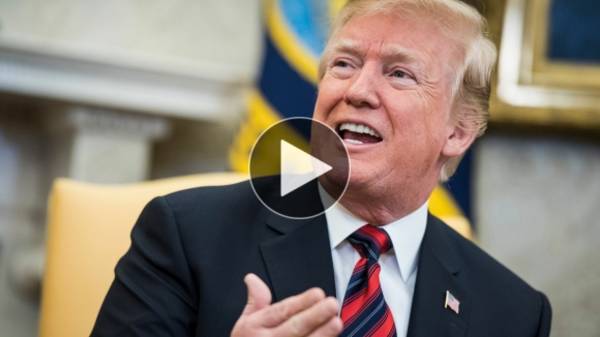 |
'Spy' or FBI source: What to know about Stefan Halper
|
The word spy has a much more serious, negative connotation in intelligence circles: “A spy is someone who is an agent for a foreign government,” Rangappa said. One example is someone infiltrating a government agency to share information with another government.
Halper wasn't working for a foreign government. In fact, he was trying to figure out if there were any foreign agents infiltrating the Trump campaign. Several years earlier, FBI agents had overheard on a wiretap Russians talking about trying to recruit former Trump foreign policy adviser Carter Page as a spy. Page is one of the people Halper reached out to.
Rangappa said in using the term “spy,” to refer to Halper, Trump is conjuring up images of someone subverting rules and norms — when intelligence experts say Halper's work seems to have been a normal step in the course of a legal investigation.
Halper also wasn't an informant: Rangappa said an informant, in FBI lingo, is someone who flips to share what they know with investigators, often under pressure of criminal charges.
That means New York “Taxi King” Evgeny “Gene” Freidman could soon inform special counsel Robert S. Mueller III on ways to get Cohen to flip. And Cohen is the person who likely knows more of Trump's secrets than anyone else.
|
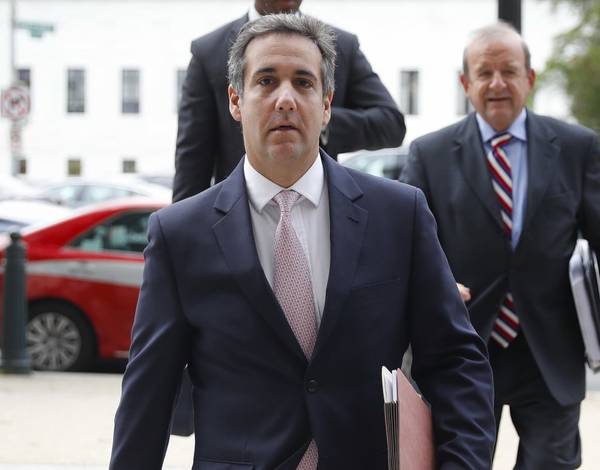 |
Michael Cohen, Trump's personal lawyer. (Pablo Martinez Monsivais/AP)
Halper was an asset to the FBI — not a spy, Rangappa said. She said assets are those who happen to be in the right place at the right time and are willing to provide information to the FBI.
Halper was a well-connected Republican foreign policy expert and academic whose movement in Trump campaign circles wouldn't be considered suspicious.
So, yes, he was concealing why he was talking to Trump campaign officials in 2016. That's kinda spy-like. But Halper didn't actually infiltrate the campaign by getting a job there and then informing the FBI about what he saw.
In other words, Trump's accusations that Halper was spying on him in 2016 are overblown.
|
|
A name you should know: Stacey Abrams
|
Stacey Abrams waves to supporters on Tuesday after winning her party's nomination to be governor of Georgia. (John Bazemore/AP)
Who is she: Democrats' pick to try to win the governor's mansion in Georgia for the first time in 15 years.
|
Why she's worth knowing: She made history in her primary Tuesday by winning it and thus becoming the first black woman of either major party to be nominated to be governor of any state. If she wins the governor's mansion in November, she'd be the first black female governor in America.
|
Will she win? It's an uphill battle in a state where Democrats haven't held any significant position of power statewide in nearly two decades. But Democrats hope she can mobilize Georgia's less-engaged minority voters to turn that state more Democratic. We'll find out in November.
|
Your happy hour debate: Can Trump block his Twitter followers?
|
President Trump in New York on Wednesday. (Evan Vucci/AP)
A federal judge doesn't think so.
Trump or his team regularly block Twitter follows who are critical of him, which some read as a digital reflection of the president's thin skin.
But a federal judge in New York ruled Wednesday Trump has to stop doing that. He's the president, and his own aides have acknowledged his tweets are the same as official statements. To block people from seeing his official statements is to violate their First Amendment rights, the judge ruled.
“No government official — including the President — is above the law,” the judge wrote.
The Justice Department, arguing on behalf of the president, essentially said Trump was taking off his presidential hat when he blocked people. It was a personal decision made by Trump the man rather than Trump the president, much like “giving a toast at a wedding or giving a speech at a fundraiser.”
This issue of what politicians can constitutionally say or do on Twitter is far from settled. What do you think?
|
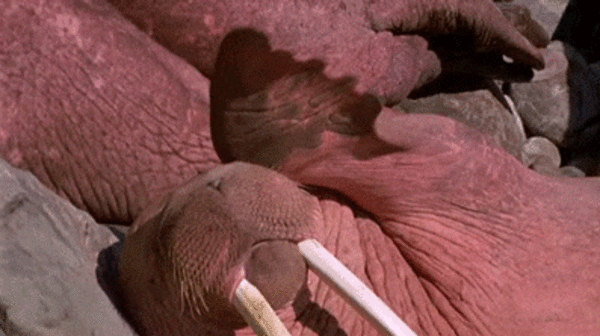 |
Yo
ur Wednesday Walrus. (giphy.com)
| Analysis |
|
| | 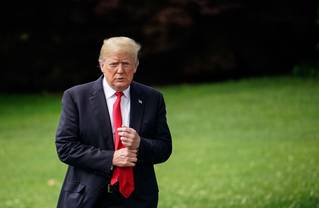 |
|
| Analysis |
|
| | 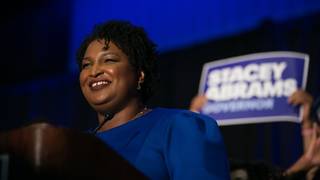 |
|
| Analysis |
|
| | 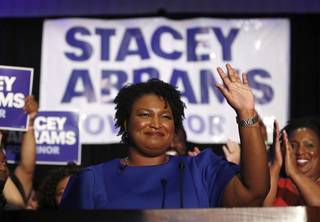 |
|
| Analysis |
|
| | 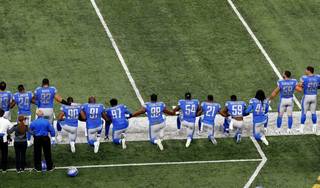 |
|
| Analysis |
|
| | 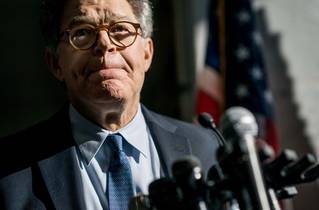 |
|
| Analysis |
|
| | 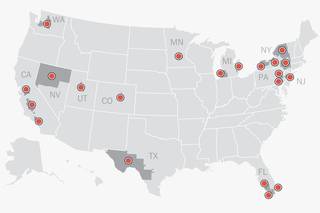 |
|
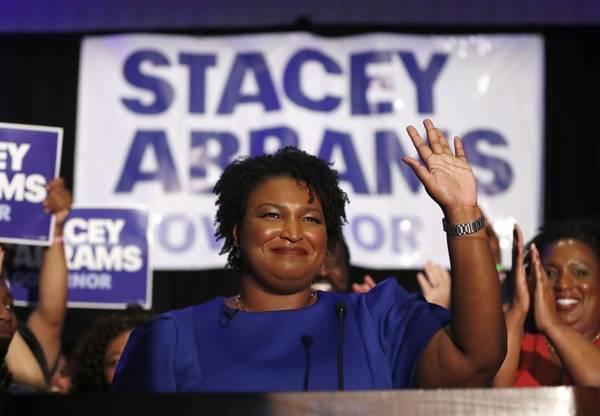
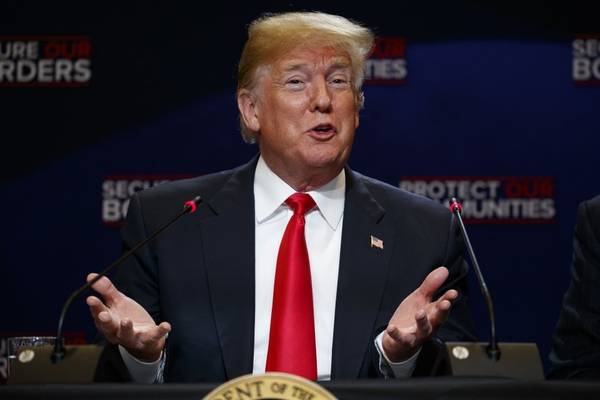


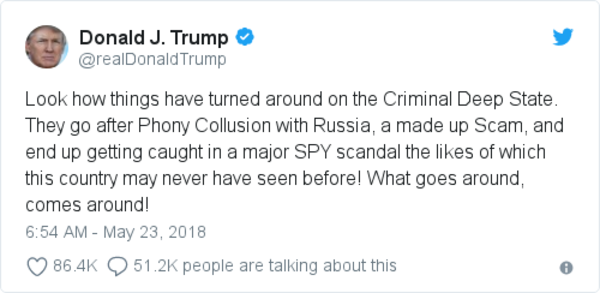










Comments
Post a Comment